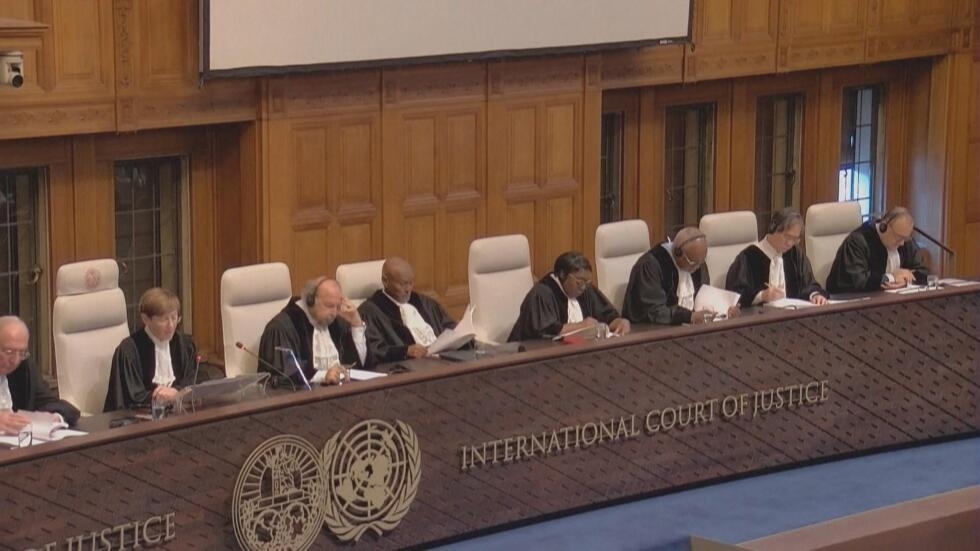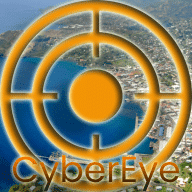
South Africa has initiated a landmark case at the United Nations’ International Court of Justice, accusing Israel of committing genocide against Palestinians in Gaza. This significant legal action requests the court to mandate an immediate halt to Israel’s military operations, marking the first instance such a case has been brought to the court concerning the ongoing conflict.
The South African government alleges that Israel’s actions in Gaza are genocidal, intending to destroy the Palestinian population within the region. This stance reflects a broader criticism within South Africa of Israel’s military campaign, drawing parallels with South Africa’s historical apartheid regime.
In response, the Israeli government vehemently rejected these accusations, labeling them as “blood libel” and lacking legal basis. They also accused South Africa of aligning with Hamas, the Palestinian militant group, and emphasized their military operations target only Hamas, not Gaza’s civilian population.
The case, brought under the Genocide Convention (to which both South Africa and Israel are signatories), seeks an interim order from the Hague-based court to cease Israeli military activities in Gaza. While the outcome of this legal challenge remains uncertain, and the court’s orders are legally binding, their enforcement is not always guaranteed, as seen in previous cases like Russia’s continued hostilities in Ukraine despite a court order.
This development in international law highlights the complexities of geopolitics and the challenges in addressing and resolving long-standing international conflicts. The case’s


